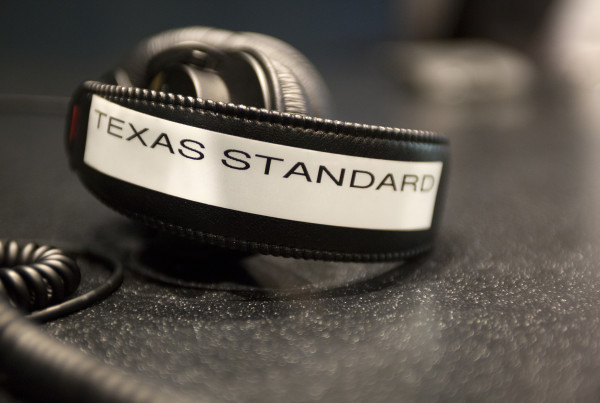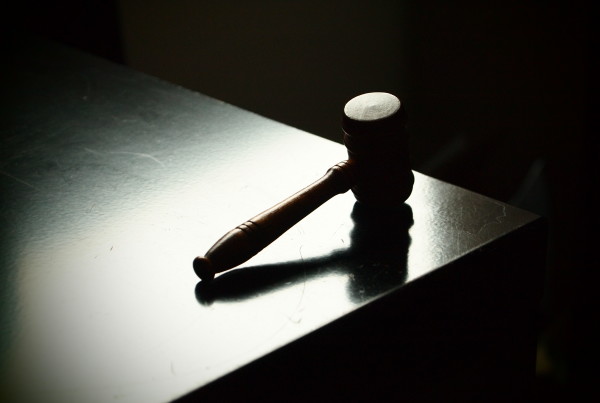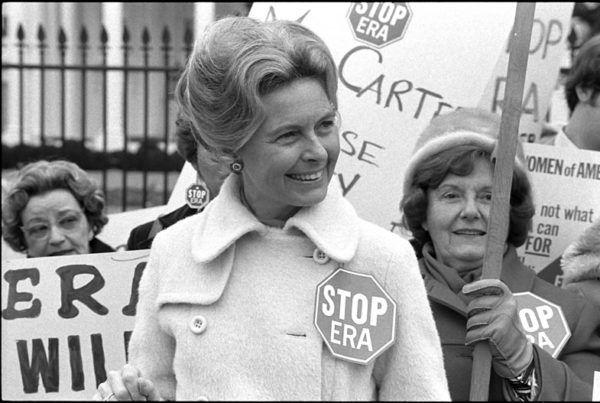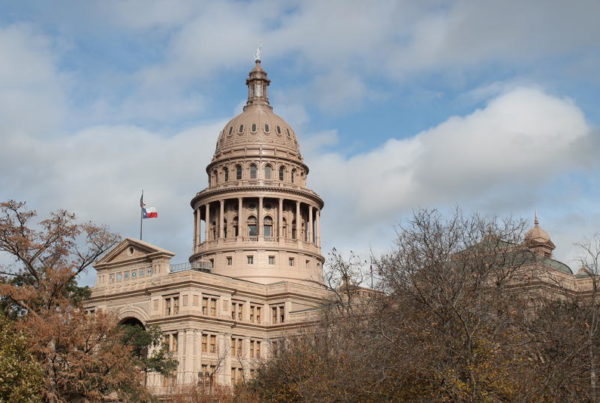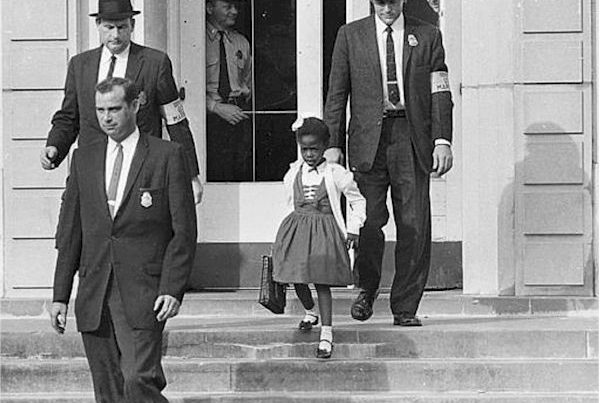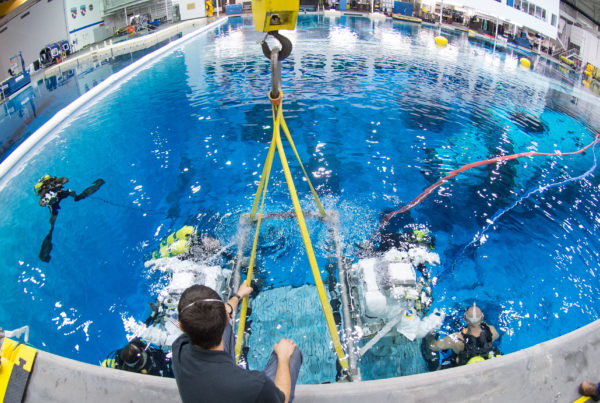It’s a familiar ritual: a stupid tweet, followed by feckless half apology, and ultimate demands for the offender’s head. But given that most people say and do stupid things from time to time – what are the elements of an acceptable apology? How can we do apologies better?
Nick Smith is a professor of philosophy at the University of New Hampshire, and author of “I Was Wrong: The Meanings of Apologies” and “Justice through Apologies: Remorse, Reform, and Punishment”. He says people expect apologies because people want to know they won’t be wronged again. He says there is a retributive component to apologies as well.
“When an offender wrongs us, we think in some ways they might deserve to suffer – which is why there is an important emotional component to apologies,” he says, “Someone can say really nice words but if you don’t think they’re feeling the right pain, it’s probably gonna feel like something’s missing.”
Some people expect apologies from public figures for all kinds of mistakes – from a poorly-worded tweet to major allegations of harm or wrongdoing. Smith says when everyone is apologizing, we tend to become desensitized to it. He says the tradition of apologies is built on ancient histories of repentance within individuals, but it feels different when hearing that from a major company.
“There is definitely a general cynicism regarding public apologies – but at the same time – there is a daily insistence on them,” he says.
He says transgression that would have been ignored 50 years ago are now being acknowledged by those who are now looked upon as wrongness.
“You can map moral trends and how the public discusses apologies,” he says, “What needs to be apologized for; how powerful people are sometimes called out for violating moral principles. It’s a way to show these moral principles apply to them – they’re not above the moral law.”
Smith says apologies have many nuances and context-dependent elements. He says he tends to look for specificity in an explanation, acceptance of blame and clear reasons why they were wrong.
“There are usually principles underlying apologies – and it’s the discussion of those principles that can be the most important aspect,” he says.
Written by Amber Chavez.




